[This story contains major spoilers from the season finale of Cross.]
When creator Ben Watkins first started formulating images of how Cross would look in the early stages of the development of the Prime Video series, he had an immediate sense of whose likeness would fit the titular role of Alex Cross.
“The more I started to define who that character would be in this day and age, the more I started to picture a certain actor and it was Aldis Hodge,” Watkins tells The Hollywood Reporter. “Aldis became the archetype.”
At the time, Watkins had no idea whether Hodge would be available, or even interested, in starring in his crime thriller based on James Patterson’s popular book series. In fact, Watkins was told that the actor, who had just finished working on Black Adam, was unavailable so he advised his casting department to use Hodge as their inspiration during auditions. When the script landed in Hodge’s agent’s hands, however, he told Watkins not to rule the actor out, and within days of Hodge reading the script, the two met in person and he came on board to portray the Washington, D.C., detective and forensic psychologist known for being the smartest person in the room.
“I feel like in this particular scenario, especially on set, Ben Watkins is the smartest man in the room and I get to sit back and learn,” Hodge tells THR. “I think what makes Alex smart when he steps into the room — some of it is his history from his psychological studies and as a detective, being able to break down the human psyche — but the skill set comes from presuming to not know anything at all about a person. I’m finding ways to connect. I’m figuring it out as I go along and I’m playing mental chess with you.”
Cross plays an extended version of that game throughout the series with Ed Ramsey (Ryan Eggold), a copycat serial killer who nearly bests him until the very end. It’s in the finale that Cross also finds out his son’s piano teacher Miss Nancy (Karen Robinson) has been enacting a revenge plot against his family along the way.
“With every single person that he goes up against, I think that there is a respect for that adversary,” says Hodge. “I think the moment that you underestimate your opponent is the moment you have truly lost and he’s smart enough to know that.”
What Cross often doesn’t realize, though, is how not taking the time to process the death of his wife, who’s shot and killed in episode one, negatively affects his decision-making. Exploring that grief onscreen particularly resonated with Hodge who dealt with the loss of multiple loved ones while working on the series, including fashion designer Waraire Boswell who created Cross’s signature look in the show.
Below, Hodge talks with THR about working with Boswell and the significance of showing grief onscreen, his priorities as both series lead and executive producer of Cross, and the script secrets Watkins kept from him.
***
You were Ben Watkins’ prototype for Alex Cross from the outset. What did that mean to you coming into this series?
It’s amazing because very rarely are you someone’s choice in this business. You work so hard to prove yourself. But the fact that he held that choice and then beyond that, that he maintained that choice through the development process, which takes a very long time — years. I’m just grateful. It seems very fortuitous how things came about. It gives me a great deal of confidence to still believe in good things in this industry, and in good people, because Ben is fantastic.
I read the script and very quickly, after about 15 or 20 pages, I called my team and I immediately wanted to meet Ben. I felt like the way he wrote it was so clever. It was just too good. And the timing of it all was great for me, because I had recently come into a space in my career where I was so dissatisfied with a great number of battles that I didn’t want to have anymore about narrative and character and story. And the way that Ben composed not only the narrative but the makeup of the character — how he thinks, who he is, how people perceive him — that answered all of my queries and quelled all of my fears that I was currently dealing with. So I felt like this was not only a great opportunity, but it was really an artistic and emotional solution to what I was going through at the time.
What year was that?
When I met Ben, it was 2022. I had recently had a series that had just been canceled and my team, we spent almost a year trying to look for the next thing. We turned down a few offers because they didn’t check every box. When you’re looking for something, as far as the next thing, it has to be a graduation, it has to be an evolution, and it has to be the thing that services your career, that takes you forward, something that really propels you in growth. And that was everything with this opportunity.
It’s a great legacy project as far as the foundation of the book series. You have the brilliance of Ben Watkins. You have the magnitude of Amazon and Skydance, and Paramount at the time. It’s like, this can’t fail. The thing that I really enjoyed the most is it was the first time, I think, in my personal career, I did not question the honor of being chosen. Oftentimes, we question our own value and wonder, why me? Sometimes we’re taught to negate our own self-worth in the face of other people’s perspectives and things we’ve gone through. But this is the first time I was like, “I deserve an opportunity like this.” I still have to earn it and I still have to take care of it, but as far as the work I put in through the years. And I say that not from a place of hubris or ego or conceit, because I don’t support any of those notions, but one of self-love. Learning to love yourself enough to know that you are worth what good things come to you.

How did that trickle down to your role as executive producer? What things were most important to you in that position?
My responsibilities to my crew and to my cast, and maintaining the standard that Ben set in terms of how we run a set. I exited my last job as an executive producer and had since produced a film with my family production company, so in this phase of my career, producing is at the tippy top. I love acting, but I don’t have to worry about that because it’s 35 years in the game. I know that’s always going to be there, and I know the opportunities for exploration are already there. Producing, that’s the next era. Directing, writing, I’m in the WGA, hey, and I want to learn to be a fantastic producer.
So the first conversation we had wasn’t even about the character, it was about how we’re gonna run the set. [Ben] asked me, “What do you think the responsibility of a No. 1 is?” And as for the producing, he asked me, “How do you take this? Some actors want to sit back, some want to really step in.” I said, “This is not a vanity credit for me.” Coming into this, you have to oversee the health of the entirety of the show. You have to make sure that all of your cast shines. You have to make sure that your people are taken care of. As a producer, your job is really to manage and handle problems 24/7 and make sure the ship is running well. It’s a really great opportunity to understand and learn how to make the product from start to finish.
I’m also a watchmaker and one of my mentors in watchmaking said, “you’re a great designer, but the moment you learn more about how to make the product, how to make it function, then you will become a better designer.” I apply that same sensibility to this craft: if you understand how to make it run well, then you understand how to make a better-quality product. So I can be a great actor to any capacity in any particular role, but if I’m stepping onto a project and I want to make the whole project great, I need to be a great producer.
Ben kept some details of the story hidden from the cast, like the fact that Miss Nancy had it out for Cross. Did you know any of the twists that were coming in the second half of season one?
Excuse my language. Hell, no. Look, I wear two hats. And when I’m on set, I’m wearing the actor hat. Ben likes to present things to actors where they can respond appropriately and not be over-rehearsed. So there were a lot of times that he was like, “Look, something’s coming up,” but I wouldn’t find out till the date. I had an overall understanding of the trajectory of story, and a couple of different story arcs, but I didn’t know all of the dominant plot points that would ship because if you know what’s happening in episode seven by episode two, you’ll want to lead into how you’re going to get there. And I respected the process because I feel like if I were in his position, I would do the exact same thing. In fact, we have discussed that with other roles.
Grief is a huge underlying factor in so many of Cross’ decisions as a cop, a parent, a friend and a lover. How did you find that part of him?
That’s where we meet the human being. As a detective, we get to see him in hero mode 24/7, and we sometimes separate human nature from that. It’s almost as though we feel like they are, not invincible or impervious, but to some degree, I would say about 70 percent invincible. They’re superheroes. It’s akin to how we sometimes, as kids, look at our parents until we grow up and we see our parents, not as mom and dad, but as human, as individuals and we’re like, “Oh, you did have some pain. You did have some flaws. You were hurt. You needed some help.”
There’s a dynamic of being able to see [Alex] express love in this way. Because grief, I don’t know if it’s a different execution of love, I think to a degree it is, and the fact that this man loved his wife so much and is still expressing that, I think the representation of that is amazing. But we also get to address the subject matter of, how does one adequately get through grief? And I’m gonna tell you, it’s not an easy process at all.
This was a tough year. We lost several dogs. We lost a few friends recently, one a month ago, one two months ago and it’s a weird process that hits you. The fact that he has to go through this and still has to maintain being a father, still has to be sharp at his job, these are levels of complexity where we get to see a human being. And for a performer, that is an amazing opportunity because now you actually get to do the work. You can’t just stay safe in one lane and be super cop 24/7. And for the audience, I think that’s what we really want. We want to understand who this person is, not who this idea of a person is. That first pilot, the way Ben packed in all of these starters that drive us throughout the season, is so foundational. The strategy behind that is immense. And I love the fact that we are not only approaching grief but dealing with it and getting through it. Because I know a lot of people who watch the show, that’s the thing they connect with. Because I believe they are also looking for answers or means of representation of how to do it. There’s no straight answer.

Fashion designer Waraire Boswell had a large part in shaping the physical appearance of Cross before he died in July. What was it like working with him on this series?
Waraire is my friend who I lost a couple months ago while we were shooting. I was on set the last day I saw him. He created the primary Cross look. Waraire and I have worked together for a number of years creating different looks, and when it came to this, I talked to Ben about how he wanted this signature coat and I said, “Look, man, I got Waraire. I think this is the dude.” Waraire is a tactician. His eye for design is so specific and unique. He’s a giant among giants in what he does. So I hit Waraire, and the way we worked together is I would sketch some stuff out, and he’d take that and make it a hundred times better, and then we’d create the look. So we worked together for not only the coat, but some slacks, a shirt, the whole thing.
But that jacket, for me, stands as a testament to his legacy. And I’m so proud that they allowed us the opportunity going into this because that’s something I’ll always remember and I’ll always be able to hold dear. This is the biggest job of my life and I was able to take one of my great friends to create something special with me that really punctuates the moment in such a way that I can’t even express fully how amazing that is for me to be able to say I was able to touch these things in this way. Every part of it is really defining for me. And he’s a part of that legacy forever now. So anytime I see that poster with that jacket, anytime I see a scene where I’m wearing that coat it’s a sweet moment. I’m grateful that, at least throughout the seasons, we get to carry a piece of him with us.
***
Cross is now streaming all episodes on Prime Video. Read THR‘s spoiler interview with creator Ben Watkins and preview piece with author James Patterson.






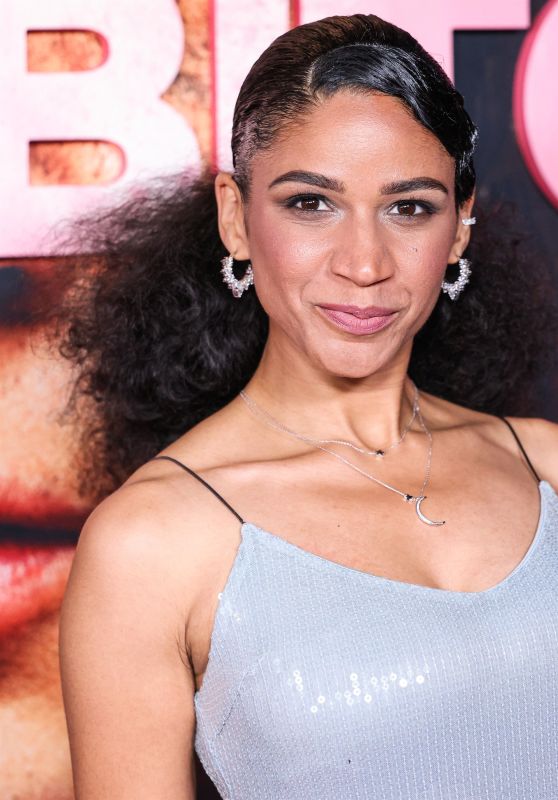
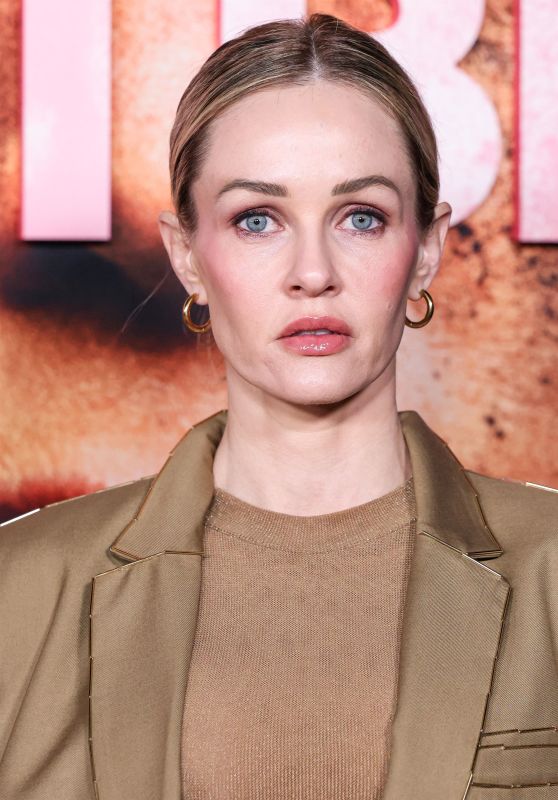
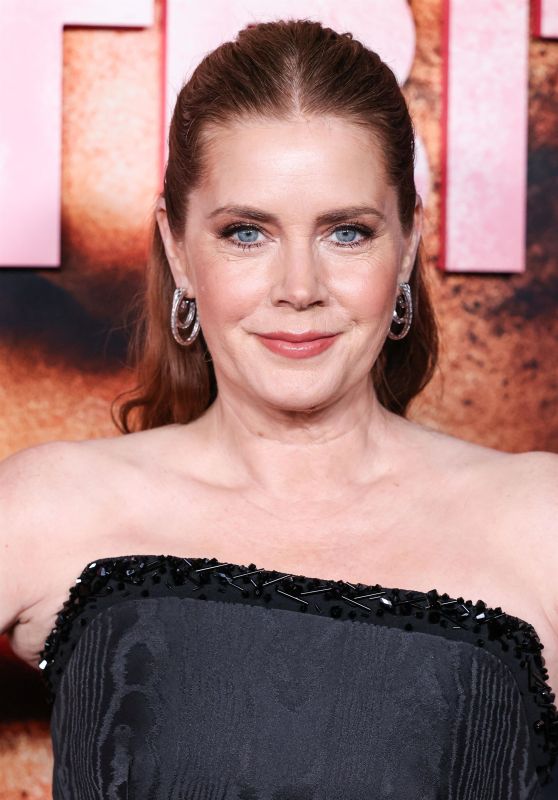
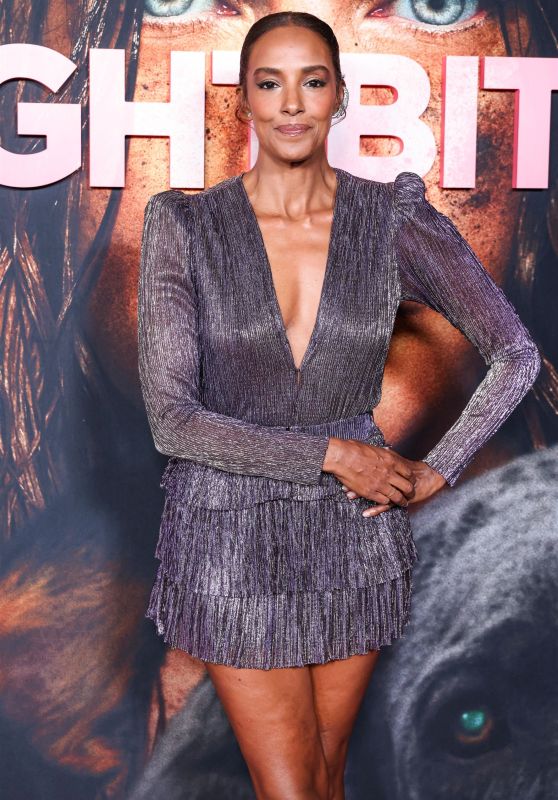
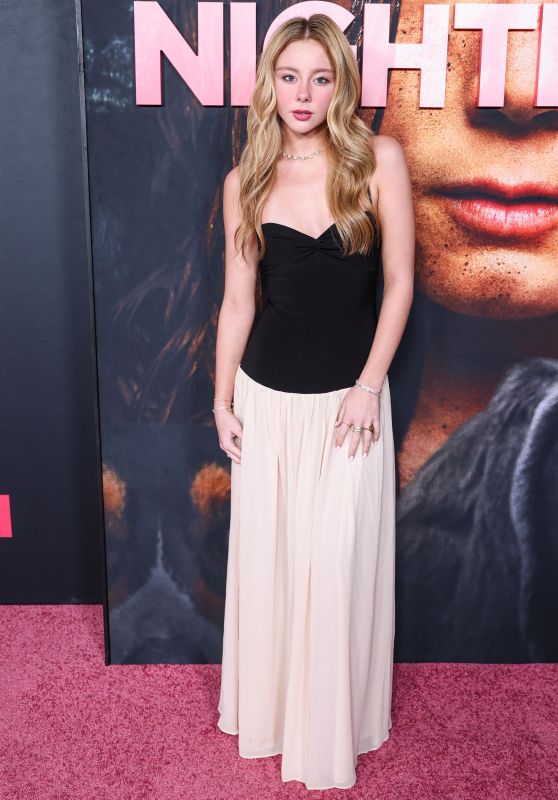
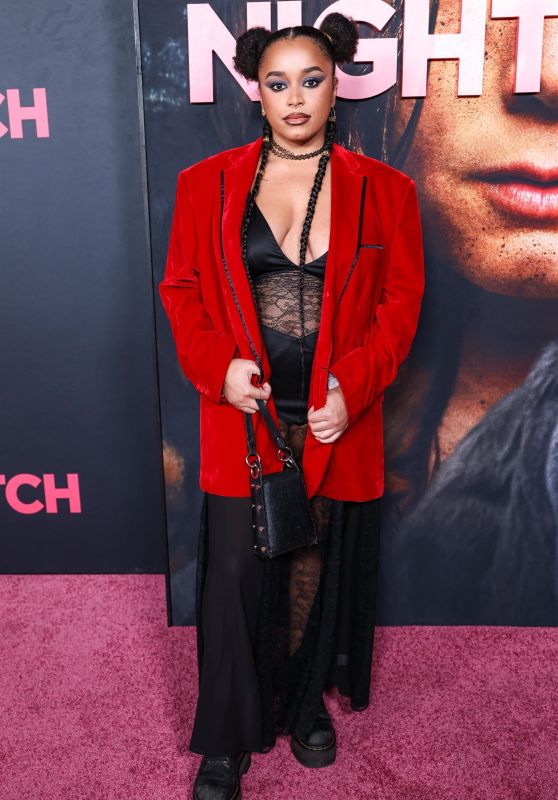








 English (US) ·
English (US) ·